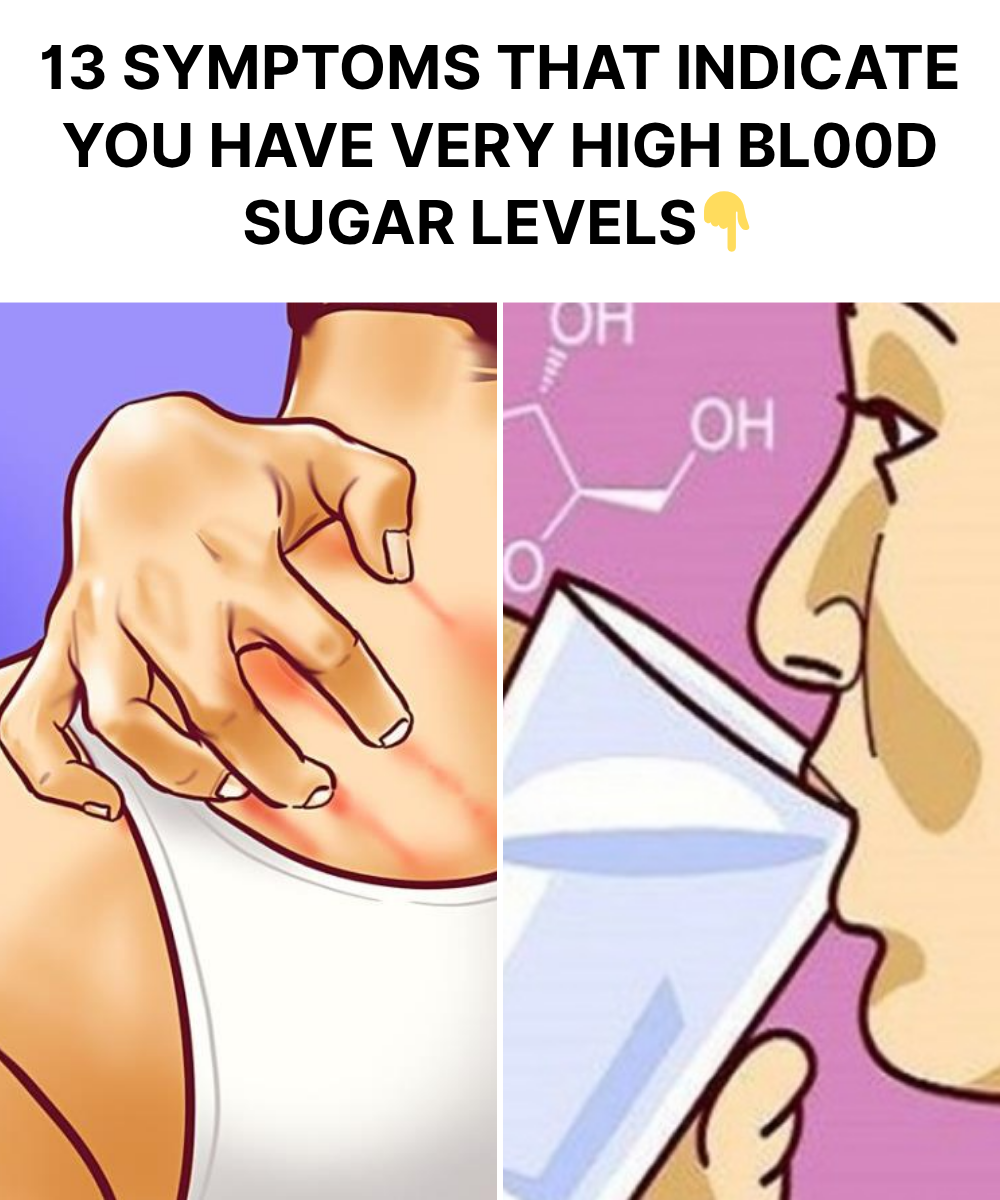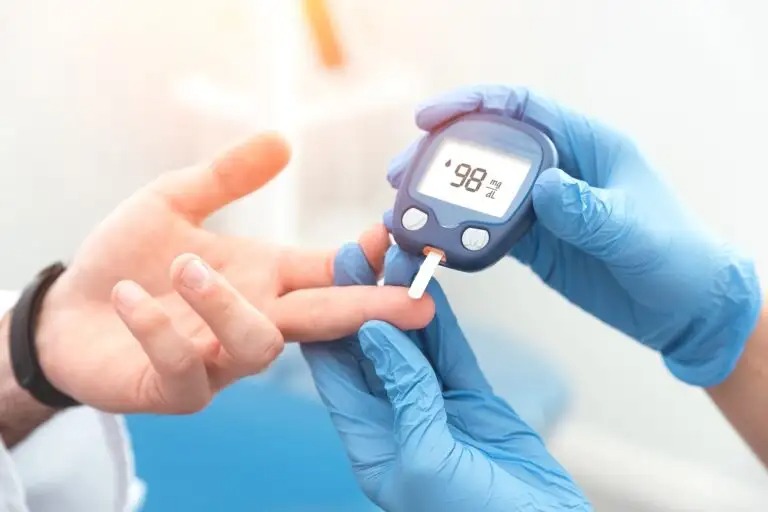
13 Key Symptoms That May Signal High Blood Sugar
When it comes to maintaining your health, monitoring your blood sugar levels plays a vital role. High blood sugar, or hyperglycemia, occurs when there’s too much glucose circulating in your bloodstream—and it can lead to severe health problems if left unmanaged. If you’re not feeling quite right, it’s important to know the early signs your blood sugar might be out of balance.
Glucose is a crucial fuel source for the body. But like anything else, too much of it can be dangerous. Spotting the symptoms of elevated blood sugar not only helps you take charge of your health but can also prevent complications down the line. Here are 13 of the most common warning signs of high blood sugar, along with why they happen and what to look out for.

What Is High Blood Sugar?
Hyperglycemia can show up in a variety of ways, and it affects nearly every part of the body. Classic symptoms include excessive thirst, frequent urination, fatigue, blurry vision, and even issues like nausea or fruity-smelling breath. Recognizing these signs early can be key to staying in control of your health.
The Most Common Symptoms of High Blood Sugar
1. Frequent Urination and Constant Thirst
When blood sugar levels rise, the kidneys try to flush out the excess glucose through urine. This leads to more frequent trips to the bathroom—and, in turn, leaves you feeling extremely thirsty as your body becomes dehydrated.
2. Blurry Vision
Elevated glucose affects the small blood vessels in your eyes, often leading to blurred or distorted vision. Over time, it may even contribute to more serious eye problems if not managed.
3. Persistent Fatigue
Despite having more sugar in the bloodstream, your body struggles to convert it into energy. As a result, you may feel unusually tired or sluggish, even after resting.

4. Unexplained Weight Loss
When cells can’t access glucose, the body begins breaking down fat and muscle to meet its energy needs—resulting in sudden or unexpected weight loss.
5. Frequent Infections
Elevated sugar levels can suppress the immune system, leaving you more vulnerable to infections like yeast infections, skin conditions, or urinary tract infections.
6. Slow Healing of Cuts and Wounds
High glucose impairs blood circulation and cell repair, making it harder for your body to heal even minor injuries.
7. Tingling or Numbness in Hands and Feet
Damage to nerves—commonly known as diabetic neuropathy—can lead to tingling, numbness, or a burning sensation, particularly in the extremities.
8. Nausea and Vomiting
When the body can’t use glucose properly, it begins to break down fat for energy. This process creates acidic compounds called ketones, which can trigger nausea and vomiting.

9. Rapid or Labored Breathing
In more serious cases, such as diabetic ketoacidosis (DKA), the buildup of ketones causes fast, shallow breathing and a feeling of breathlessness.
10. Confusion or Fainting
Very high blood sugar can affect brain function, leading to confusion, dizziness, difficulty concentrating—or even unconsciousness if left untreated.
11. Dry, Itchy Skin
As dehydration sets in due to excessive urination, your skin may become dry, itchy, and prone to cracking.
12. Fruity-Smelling Breath
A sweet or fruity odor on your breath is another sign of diabetic ketoacidosis, caused by the release of ketones in your bloodstream and lungs.
13. Stomach Pain
Abdominal discomfort, especially when combined with other symptoms like nausea or confusion, may point to severe blood sugar imbalances or complications such as DKA.

When to Take Action
If you’re experiencing one or more of these symptoms, especially in combination, it’s important to consult a healthcare provider as soon as possible. High blood sugar can develop gradually or come on suddenly, and early intervention is crucial.
Managing your blood sugar through a balanced diet, regular exercise, stress control, and proper medical care can make all the difference. Staying informed—and paying attention to your body’s signals—is the first step toward better health and preventing long-term complications.
Note: This article is for educational purposes only. If you’re feeling unwell or are concerned about your symptoms, please seek guidance from a qualified medical professional promptly.